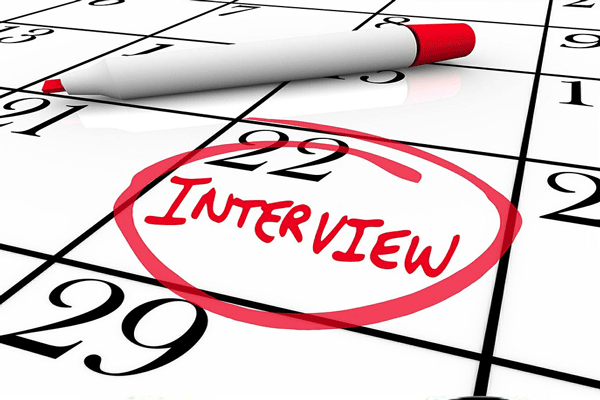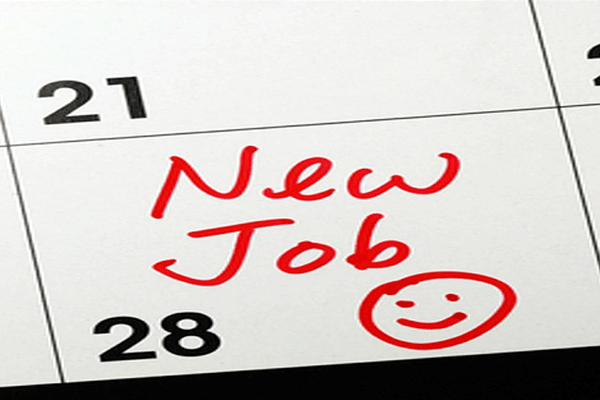Tell Me About Yourself
Published on January 31, 2017, at 8:00 a.m.
by Kayla Sullivan.
“So, tell me a little bit about yourself?”
Until a few months ago, I didn’t know how to answer this question when asked in a job interview.
Where am I supposed to begin? How detailed should my answer be? What is considered relevant or irrelevant information? Do I need to tell them every single course I took in college? Am I just rambling at this point? Is what I say in this moment going to affect my chances of getting this position?
It was not until a professor explained to me what most interviewers meant by this question that I understood how to answer it properly.
My professor encouraged me to develop a “narrative.” Similar to an elevator pitch, a narrative should be a short summary of how I got to where I am today and how past experiences led me to this job interview.
Job recruitment sites, such as FIT Recruiting, offer tips and potential questions that you may be asked. Answering some of those questions in your narrative can demonstrate your preparedness for the interview (and being prepared can hide the nervous wreck that most of us are during interviews).
As a PR student, I almost immediately linked the “narrative” concept and the suggestions from job recruitment websites to what is taught in the classroom. In PR, students learn and practice building brand identities for both companies and people.
Why wouldn’t I apply the same concept to myself?
In a previous article on Platform Magazine, author Nicole Hohman discussed the idea of personal branding and understanding what sets you apart from your peers.
So, I did the following to build my brand identity:
Develop your own purpose, vision and mission statements. Your purpose is why you do what you do. Your vision is your goal. Your mission is what you do to get there.
You wouldn’t necessarily share all of this information in your job interview. However, self-reflection is a crucial part of building your identity. Making decisions about what it is that you want can clear up questions of self-doubt and help guide your path.
Decide on your personal values. Your values demonstrate how you do your work.
Again, this wouldn’t be information to share in your job interview, but it is vital to understanding yourself. I would recommend writing down five to eight core values, or what you would consider to be important characteristics to carry out in the workplace (e.g., transparency, preparedness, integrity, etc.).

Understand your own strengths and weakness. Strengths and weaknesses do not translate to pros and cons.
Job recruitment sites consistently list this question as one you may be asked. So, prepare for it! Self-reflection is key here as well. Being able to identify your strengths and weaknesses quickly can tell your interviewer that you know yourself and understand what skill set you can provide for a particular position. Weaknesses are not cons. Confidently sharing your strengths and weaknesses helps the interviewer decide whether you fit with the team. Your weakness could be your potential colleague’s strength and vice versa.
Your appearance is important. Dress for the job you want, not the job you have.
Just like a company’s appearance is important to attract clients/customers, your appearance in an interview is important in showing your professionalism. Your attire should be professional, sure, but you should be aware of your attitude and demeanor as well. (Like I mentioned earlier, I am a nervous wreck in interviews. This step is my toughest.) Appearance also reaches into your social media presence. I would make sure to complete a clean sweep of your personal platforms before going into interviews.
So, next time you hear, “Tell me a little bit about yourself,” take a deep breath. You’ve got this.






